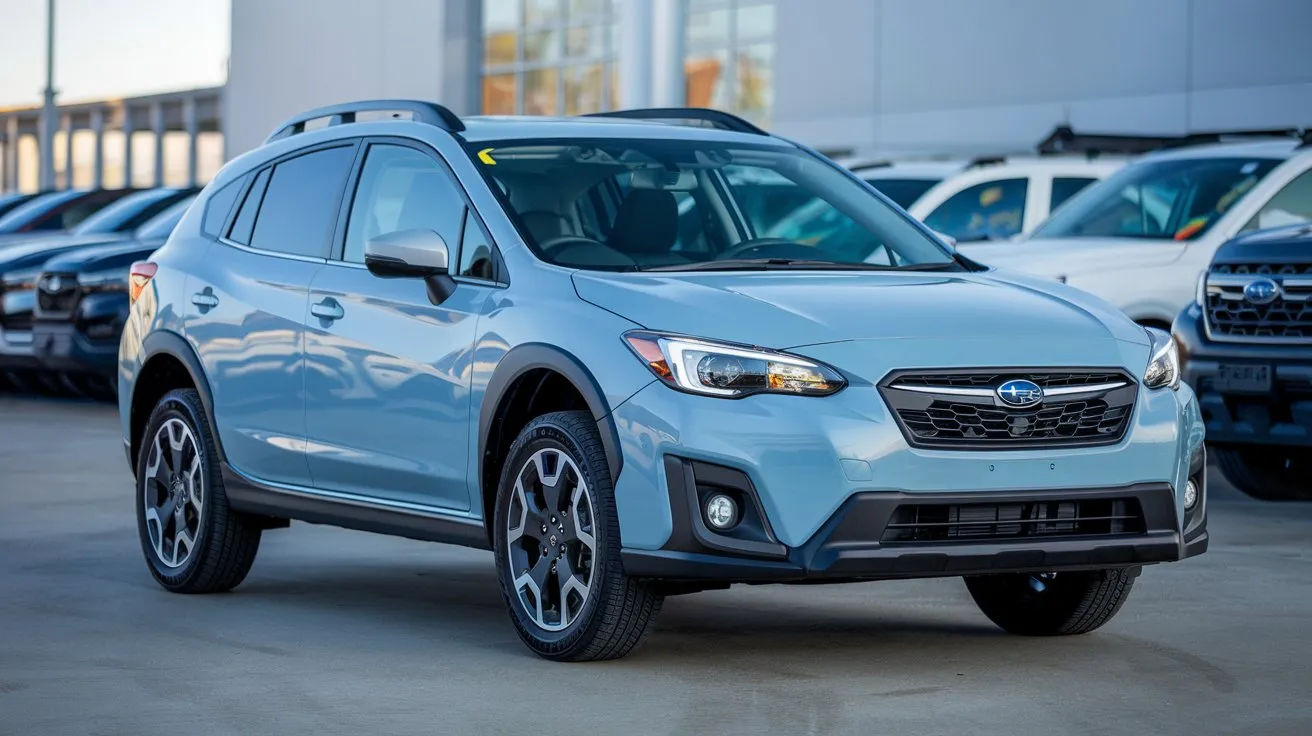Extended Warranties and Pre-Paid Maintenance: When Are They Worth It?

The finance office at a dealership can be overwhelming, especially when presented with extended warranty and pre-paid maintenance options. While these products are significant profit centers for dealers, they’re not always a bad deal. Let’s break down when these offerings make sense and when to pass.
Understanding Extended Warranties
What They Actually Cover
-
Mechanical breakdowns after manufacturer warranty expires
-
Often excludes “wear items” like brakes and tires
-
Multiple coverage levels available
-
Various deductible options
When Extended Warranties Make Sense
-
Buying a luxury vehicle with expensive repair costs
-
Planning to keep the car well beyond factory warranty
-
Purchasing models known for costly repairs
-
Buying a high-tech vehicle with complex systems
-
When covered repairs are likely to be needed for vehicle (beware of exceptions)
When to Skip the Extended Warranty
-
Buying a historically reliable model
-
Planning to sell before factory warranty expires
-
When coverage duplicates existing warranty
-
If premium exceeds likely repair costs
-
When likely/costly repairs are excluded
Pre-Paid Maintenance Plans
What’s Typically Included
-
Regular oil changes
-
Tire rotations
-
Filter replacements
-
Multi-point inspections
-
Scheduled maintenance items
When Pre-Paid Maintenance Is Worth It
-
Significant discount compared to pay-as-you-go
-
Convenient service scheduling
-
Transferable plans that add resale value
-
Manufacturer-backed programs
-
Fixed pricing protection against inflation
When to Pass on Pre-Paid Maintenance
-
Higher costs than local service options
-
Limited service locations
-
Short ownership timeline planned
-
Basic maintenance needs only
-
Reliable vehicle with minimal service requirements
Making an Informed Decision
Do Your Research First
-
Research typical repair costs for your model
-
Check reliability ratings and common issues
-
Compare local service prices
-
Read warranty terms carefully
-
Consider your ownership timeline
Negotiating Tips
-
Extended warranties and maintenance plans are negotiable
-
Get quotes from multiple dealers
-
Consider third-party warranty providers
-
Don’t feel pressured to decide immediately
-
Get all coverage details in writing
Alternative Protection Strategies
Build Your Own Protection Plan
-
Set aside monthly “repair fund”
-
Maintain detailed service records
-
Choose reliable local service providers
-
Get regular inspections
-
Stay current on maintenance
The Pre-Purchase Inspection Advantage
Before considering any extended coverage, start with a thorough pre-purchase inspection. Knowing your vehicle’s condition helps you:
-
Identify potential future issues
-
Understand maintenance needs
-
Make informed coverage decisions
-
Negotiate better coverage terms
Remember: The best protection starts before purchase. A professional inspection can reveal whether you’re buying a vehicle likely to need extended coverage or one reliable enough to skip it.
About the Author
John Coleman
Founder, Spokane Preinspection
I started Spokane Preinspection with one goal: make buying a used car easier, faster, and more fair. Every inspection we do puts real information in buyers' hands so they can make confident decisions.
Learn More About Us →Ready to Buy or Sell With Confidence?
Book a professional pre-purchase inspection and know exactly what you're dealing with.
Book Inspection

